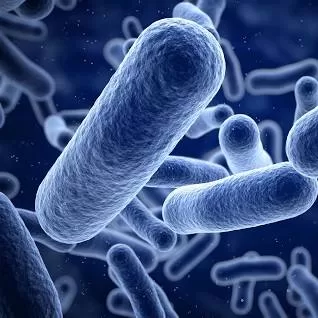
Scientists have made a surprising discovery regarding the effects of certain antibiotics on bacteria. These medications can occasionally extend the lifespan of bacteria, contrary to the conventional understanding that antibiotics either kill or inhibit bacterial growth. As a consequence of the escalating problem of antibiotic resistance, there is a potential for untreatable infections to become the primary cause of death globally by 2050. Researchers at the University of Exeter have unveiled, for the first time, that antibiotics can confer benefits to bacteria by shielding them from death. In a study supported by EPSRC and recently published in PNAS, the team determined that specific antibiotics can alleviate stress and impede the decline of bacterial populations as they approach the end of their lifecycle. This leads to a higher survival rate among bacteria compared to untreated populations.
Professor Robert Beardmore, the lead author from the University of Exeter, remarked, “The study commenced when we observed that, unexpectedly, certain strains of bacteria did not thrive in the lab until we treated them with antibiotics. Consequently, this represents the initial evidence that antibiotics can foster bacterial survival. To combat antibiotic resistance on a global scale, we must gain a deeper understanding of how these drugs impact the equilibrium of bacterial ecosystems, such as those in gut microflora or in antibiotic-exposed river environments. Our research highlights previously unseen side effects – we simply lack knowledge on how drugs are altering the balance of bacterial populations in those contexts.”
In real-world settings, bacteria experience phases of rapid growth interspersed with periods of stasis due to limited nutrients, leading to die-offs. Up until now, there has been limited understanding of how antibiotics influence populations during these intervals. The researchers conducted experiments in the lab using E. coli. They discovered that antibiotics targeting ribosomes, the cellular factories responsible for protein synthesis from DNA, not only slowed bacterial growth during the growth phase but also prevented them from dying off, resulting in an overall extension of their lifespan.
Dr. Emily Wood explained, “While many antibiotics impede bacterial growth, we demonstrate that this can assist bacteria in overcoming stresses induced by nutrient scarcity, which might otherwise lead to their demise, ultimately aiding in their survival. In our experiments, this occurs because the antibiotics act as antioxidants, assisting cells in managing some of the byproducts they generate as they grow. Importantly, the antibiotic-resistant bacteria we tested did not experience the same advantages, so in our study, treatment does not promote resistance, which is atypical. Our next step will be to assess how these findings alter the dynamics of bacterial communities comprising multiple species.”










